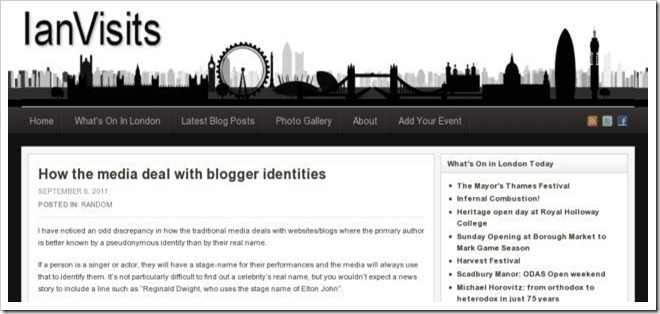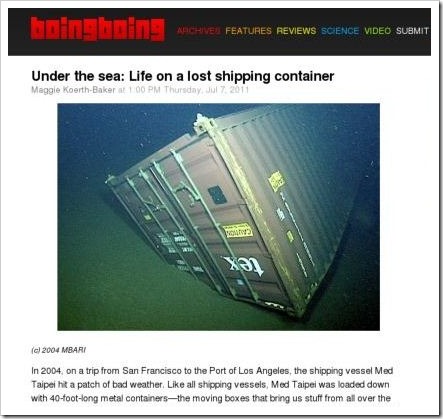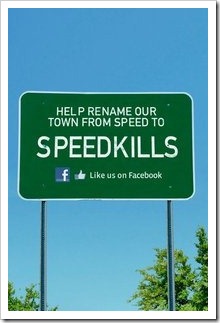IanVisits has an interesting post on the way that the media insist on treating the identities of bloggers [^]. As Ian points out it is common practice for celebrities to referred to by their stage name; like Michael Caine rather than Maurice Micklewhite.
However, when it comes to bloggers the media often insist on using a blogger’s “real” name rather than their pseudonym. In most cases a newspaper will not include a web-address for a blog. If you can search for their online identity you stand a good chance of finding them. With only their real name you stand very little chance of finding them, and finding out if you want to follow them, their blogs or twittering.




The President Calls for Help
Apparently Barak Obama, the President of the USA, has asked the Tech World for help. The President has asked for the “best ideas about how to clamp down on rogue Web sites and other criminals who make money off the creative efforts of American artists and rights holders.” This comes after the dramatic backdown by the supporters of the SOPA and PIPA [^] – proposed legislation to restrict the freedom and openness of the internet.
As Nat Torkington points out perhaps the problem isn’t one of fighting the challenges to intellectual property rights [^]. It’s a case of rights-holders – large film studios, record labels, and publishers – failing to adapt to a changing technological world. Every other industry has had to move with the times – why not publishers? It’s time to stop praying for a sign and start living in the here and now.
Your customers are demanding changing, they want electronic copies of your goods and for the most part they are willing to pay for them. As Jonathan Coulton says “Make good stuff, then make it easy for people to buy it [^]” should be your anti-piracy plan. Sure there will always be pirates, but they will be there no matter how hard you make if for them; some just enjoy the challenge!